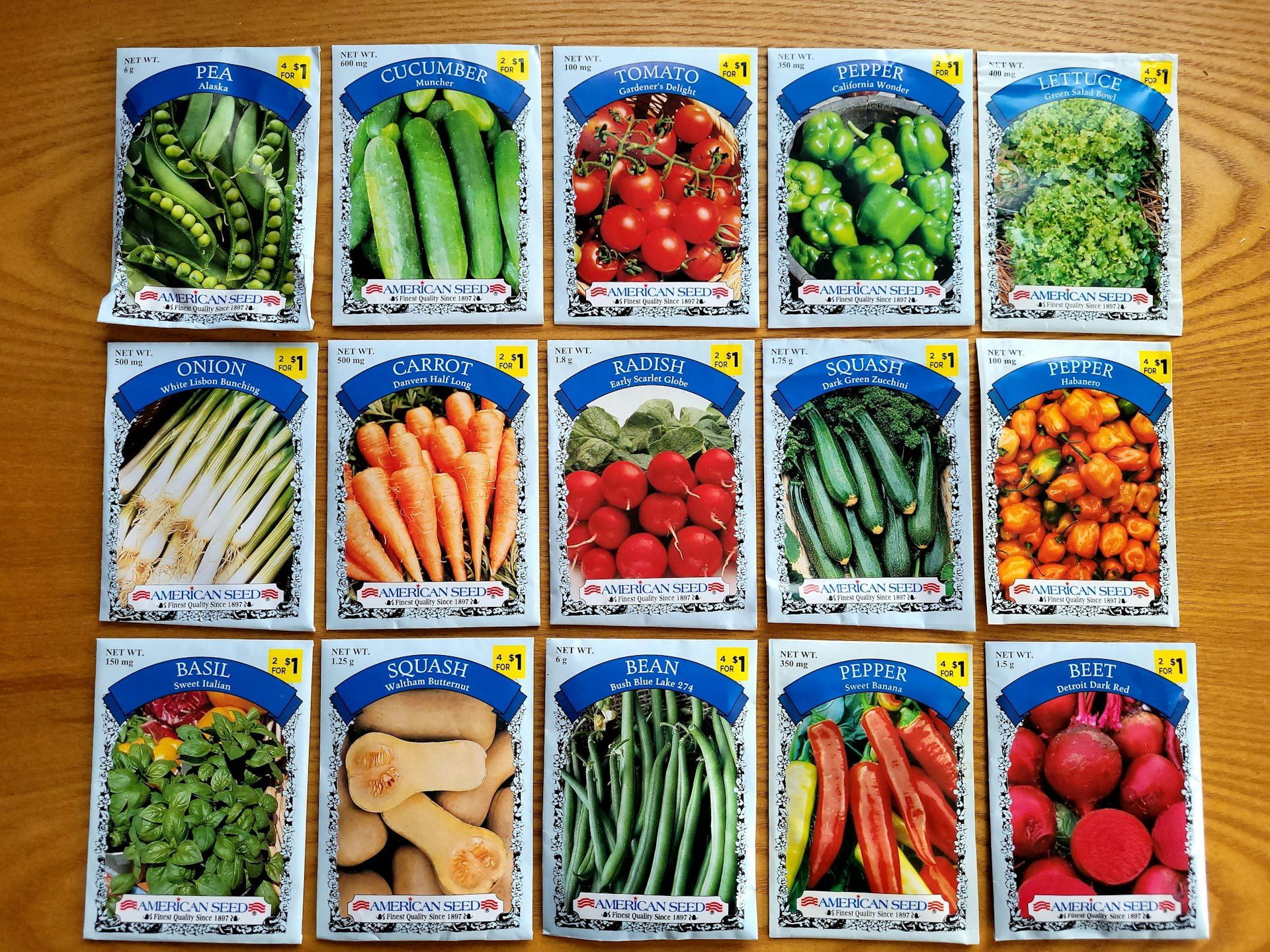Navigating the Future of Podcast Marketing: Winning Strategies for Niche Audiences

Photo by Markus Winkler on Unsplash
The Evolution of Podcast Marketing for Niche Audiences
Podcasting has entered a new era. While global listenership continues to grow-reaching 584 million listeners in 2025 and expected to surpass 630 million by year-end-the real transformation lies in the shift toward niche, hyper-targeted content . The days when broad, general-interest shows dominated are giving way to a marketplace where quality, specialization, and community engagement define success. [1] This in-depth guide examines the future of podcast marketing for niche audiences, reveals actionable strategies, and provides practical steps for brands and creators to capitalize on these trends.
Why Niche Podcasts Are the Future
Contrary to concerns about market saturation, podcasting is far from overcrowded. In 2024, while the number of new podcast launches decreased, the number of active podcasts more than doubled . This signals a maturing industry where quality and engagement matter more than the sheer volume of shows. [1] Niche podcasts-those designed for highly specific audiences-are thriving because they deliver content tailored to listeners’ interests, values, and needs.
According to industry experts, listeners are increasingly craving personalized experiences. A niche podcast doesn’t mean a small or less impactful show ; it means a focused, highly engaged community, often resulting in deeper listener loyalty and better conversion rates for sponsors. [3] For instance, a podcast targeting HR professionals or tech founders may have fewer total listeners, but those listeners are more likely to act on recommendations and engage with branded content. [4]
Key Trends Shaping Podcast Marketing in 2025 and Beyond
Several trends are defining the future of podcast marketing for niche audiences:
1. Hyper-Specialized Content
Creators and brands are narrowing their focus, developing shows for tightly defined communities. For example, rather than a generic business podcast, a company might launch a show specifically for early-stage SaaS founders or women in fintech. This hyper-specialization builds trust and establishes authority in a chosen field. [4]

Photo by Markus Winkler on Unsplash
Step-by-step guidance:
- Identify a gap in existing podcast content within your industry or interest area.
- Survey your target audience to uncover their unique challenges and preferences.
- Develop a content calendar that addresses these specific needs, using guest experts and real-world examples.
For brands, working with agency partners or consulting industry directories can help identify proven topics and connect with the right hosts. If you are unsure how to start, contacting podcast production agencies or searching “podcast topic validation” in reputable marketing forums can provide valuable support.
2. Engagement and Community Building Over Downloads
Success in niche podcasting is less about reaching the largest possible audience and more about nurturing a dedicated listener community . Listener engagement-measured by episode completion rates, social shares, and direct feedback-trumps raw download numbers. [3]
Brands can leverage private listener groups (such as Slack or Discord channels), live Q&A sessions, and personalized newsletters to deepen relationships. Encouraging reviews, hosting giveaways, and responding to listener questions are proven ways to build loyalty.
If you’re new to podcasting, consider using analytics platforms that track listener behavior and engagement. Many podcast hosting services provide tutorials on interpreting this data and adjusting your strategy accordingly.
3. Monetization and Advertising: Why Brands Love Niche Shows
The podcast advertising market is projected to reach nearly $4 billion in 2025 . [1] What’s more, 63% of listeners are less likely to skip ads on niche podcasts compared to mainstream shows. This higher engagement translates into better ROI for advertisers and more sustainable revenue streams for creators.
For brands and sponsors:
- Partner with podcasts whose audiences closely match your target buyer persona.
- Develop ad reads that feel native and personalized to the show’s tone and format.
- Consider long-term sponsorship deals, branded mini-series, or product integration for maximum impact.
If you wish to advertise on a podcast, start by identifying potential shows through podcast advertising marketplaces or by searching for “podcast sponsorship opportunities” on established industry platforms. Always verify the authenticity of agencies by reviewing testimonials and checking for an active presence on business directories.
4. The Rise of Video and Interactive Podcasting
Video podcasting is becoming a dominant format, allowing creators to reach audiences on platforms like YouTube and enhance discoverability. [1] Brands are leveraging video to showcase products, host panel discussions, and create shareable clips for social media. Interactive features (polls, Q&A, live streams) further boost engagement.
To get started, you can record video versions of your episodes with basic webcam equipment and free editing software. Platforms such as YouTube and LinkedIn support video podcast uploads and offer educational resources on optimizing content for their algorithms.
5. AI and Advanced Analytics for Smarter Marketing
Artificial intelligence (AI) is transforming how podcasters understand and reach their audiences. Tools now offer advanced analytics on listener demographics, behavior, and preferences, enabling smarter content planning and targeted marketing campaigns. [1]
For example, AI-driven transcript services and search optimization solutions can help repurpose podcast content and improve SEO. If you are interested in these tools, search for “AI podcast analytics platforms” and review comparisons on technology review sites.
Real-World Case Study: Niche Podcasting in Action
The “PeopleFirst” podcast by Brook Street Recruitment is a compelling example. Targeted at young professionals, it tackles timely topics such as workplace technology, imposter syndrome, and hustle culture. The podcast not only built a loyal audience but also positioned Brook Street as an empathetic, expert voice in its field. [4] The show’s success prompted a second season and established a content hub that continues to deliver value to its listeners.
Challenges and Solutions for Niche Podcast Marketing
While the opportunities are significant, there are challenges:
- Discoverability: Niche shows may struggle to appear in broad search results. The solution is to leverage cross-promotion with other podcasts, optimize metadata, and participate in industry events or guest appearances on established shows.
- Monetization at Scale: Smaller audiences may result in lower ad revenue initially. Creators can offset this by offering premium content, membership programs, or consulting services tied to the podcast’s expertise.
- Resource Constraints: Producing consistent, high-quality content can be demanding. Many creators collaborate with co-hosts, batch record episodes, or outsource editing to manage workflow.
Step-by-Step: Launching a Successful Niche Podcast Marketing Campaign
1. Define Your Audience: Use surveys, forums, and social media to pinpoint your ideal listener. Map their interests and pain points.
2. Develop Specialized Content: Build a content calendar with episode topics, guest ideas, and value-driven formats tailored to your audience’s needs.
3. Choose the Right Distribution Channels: Publish on major platforms (Apple Podcasts, Spotify) and promote via industry-specific newsletters, online communities, and events.
4. Leverage Analytics: Monitor metrics such as listener retention, demographic data, and episode performance to refine your strategy.
5. Engage and Monetize: Foster listener interaction through social groups or live events. Identify aligned sponsors and create partnership packages with clear value propositions.
Alternative Approaches and Tools
If you lack the budget or resources for a full-scale launch, consider:
- Collaborating with existing niche podcasts as a guest or co-producer
- Launching a limited series or mini-podcast focused on a specific topic
- Repurposing existing content (blogs, webinars) into audio episodes
There are also podcast incubators and community groups that offer technical support, promotion, and mentorship for new creators. You can find these resources by searching for “podcast incubator programs” or joining established podcasting communities on platforms like Reddit and LinkedIn.
Key Takeaways: Embracing the Future
The future of podcast marketing is all about focus, authenticity, and strategic engagement. Brands and creators that invest in niche content, prioritize community, and leverage the latest technology will position themselves for sustained growth and influence. By following the actionable steps outlined above, you can build a thriving podcast presence that resonates with the right audience.
References
- [1] Podcast Hawk (2025). Podcast Industry Trends 2025: Why Niche Content Is King.
- [2] Elizabeth McCravy (2025). The Ultimate Guide to Starting a Podcast in 2025.
- [3] Quill Podcasting (2025). Why Brands are Betting on Niche Podcasting in 2025.
- [4] Cue Podcasts (2025). The Future of Business Podcasting: Trends, Technology, and Audience Engagement.
- [5] Podcast.co (2025). Creative Podcast Topic Ideas for 2025.
MORE FROM feelmydeal.com













